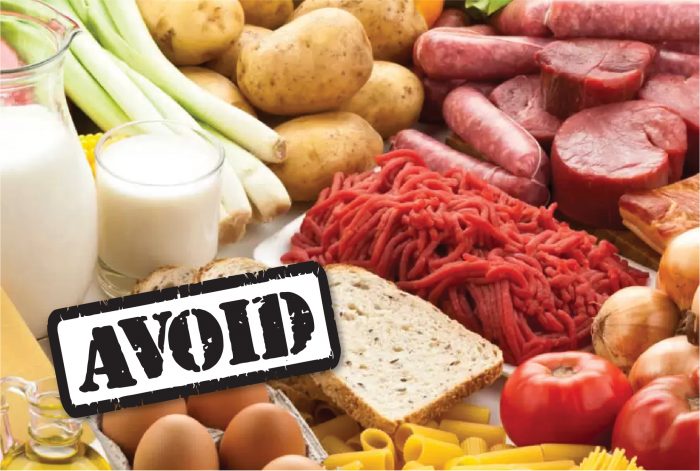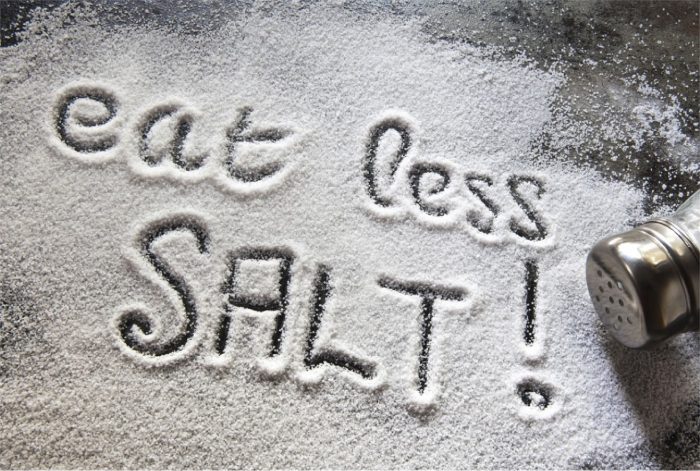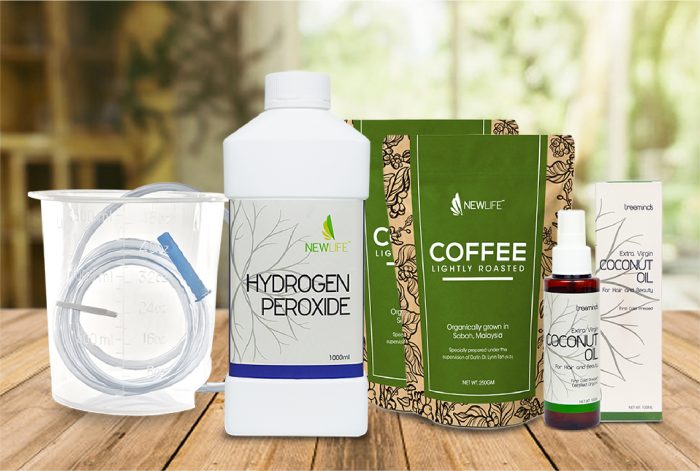The task of the immune system is to distinguish the body’s own cells from those that are foreign or harmful, and then destroy the foreign material. The immune system is unlike other bodily systems in that it is not a group of physical structures but a system of complex interactions involving many different organs, structures, and substances. Ideally, all of these components work together to protect the body against infection and disease.
Marvelous as it is, the immune system can perform optimally only if it is cared for properly. This means getting all the right nutrients and providing the right environment, and avoiding the things that tend to lower immunity.
Many elements of the environment we live in today compromise our immune system’s defensive capabilities. The chemicals in the household cleaners we use; the overuse of antibiotics and other drugs; the antibiotics, pesticides and additives present in the foods we eat; and our exposure to environmental pollutants; all place a strain on the immune system. Another factor that adversely affects the immune system is stress. Stress results in a sequence of events that suppress the normal activity of white blood cells and places undue demands on the endocrine system, as well as depleting the body of needed nutrients. The result is impaired healing ability and lowered defence against infection.
Proper immune function is an intricate balancing act. While inadequate immunity predisposes one to infectious illnesses of every type, it is also possible to become ill when your immune system decides that your healthy cells are foreign. This is known as autoimmune or
‘self-attacking-self’ disease. Depending on the type, an autoimmune disease can affect one or many different types of body tissue. It can also cause abnormal organ growth and changes in organ function.
Rheumatoid Arthritis (RA), is an autoimmune disease in which white blood cells attack the cartilage in the joints. RA causes swelling and pain in the joints that can range from mild to excruciating. If left untreated, it can go on to destroy the bones, even the muscles and skin. RA can occur at any age, even in childhood.
How Is RA Treated?
Sadly, from a medical point of view, RA is a chronic condition that has no cure. Medical treatment can only do the following:
- Relieve symptoms.
Prescribing drugs to temporarily ease mild or severe symptoms of RA, like pain and inflammation.
- Suppress the immune system.
Some drugs can suppress immune system activity. These drugs can slow down the progression of RA. However, some immunosuppressant drugs are not recommended for people with compromised immune systems or an infection because taking them can raise the risk of serious infection.
Although effective, taking drugs to ease symptoms or suppress the immune system will take its toll on the body. Sooner or later, secondary health issues will occur due to the side effects of the drugs, while the root causes of the condition remain untreated.
5 Steps to Reverse RA Naturally:
- Go on a customized Nutritional Programme
Ultimately, we would encourage people with RA to go on our NewLife™ Nutritional Programme, which comprises of Dr. Lynn Tan’s Detoxification & Rejuvenation Programme (DRP) and the NewLife™ Health Building Programme (NHBP) together with an individualized list of supplements (listed below) for a duration of time. This may help the body restore the right balance to the immune system.
This programme is a complete regime aimed at eliminating wastes, toxins and poisons from your body while rebuilding and restoring nutritional, hormonal and metabolic balance. It puts your body in a position to heal, repair, and rejuvenate, giving your body a new start. We have had many RA clients experience relief and even total healing from their symptoms through our Nutritional Programme.

- Foods to avoid
Avoid acid-forming foods such as red meat, eggs, saturated fats, oils, fried foods, sugar, dairy products (except homemade low-fat yoghurt), refined carbohydrates, foods high in gluten (such as breads, pasta, and pastries), alcohol, and caffeine (coffee enemas are acceptable). Taking too much of these foods causes inflammation in the body, which leads to pain. Although this list is long, those with RA who eliminate these foods tend to experience great relief.
Animal products generally worsen inflammation in the joints. Avoid all eggs, dairy, and meat, with the exception of wild caught deep sea fish, which contain anti-inflammatory oils. The nightshade vegetables – tomatoes, potatoes, eggplant, and peppers – contain a substance called solanine, which can trigger allergic responses and pain in some cases. Eliminate these foods from your diet for a period of six weeks to see if there is an improvement.

- Avoid additional sodium
Too much sodium in the diet may aggravate and increase the symptoms of RA.
- Manage stress
Emotional stress has been shown to be one of the contributors in the development of RA. Unfortunately, not only does stress cause diseases, but the disease itself also causes significant stress, creating a vicious cycle.

- Do coffee enemas regularly
Substances in coffee when used as an enema, promote the activity of glutathione S-transferase which is responsible for reducing inflammation and free radical damage, by as much as 700%. In addition, coffee enemas help to detoxify the liver and the blood, while reducing inflammation in the gut.
Supplements Recommended for Rheumatoid Arthritis

Disclaimer: This nutritional guide is intended for educational purposes only. It is not intended as advice for self-diagnosis or a prescription for self-treatment. Consult your own physician regarding the application of any opinion and recommendation with respect to your symptoms or medical conditions.
Note: If you have any questions regarding nutrition and health, please email Leon Tan at leon@newlife.com.my.

